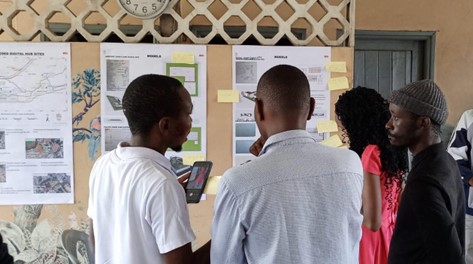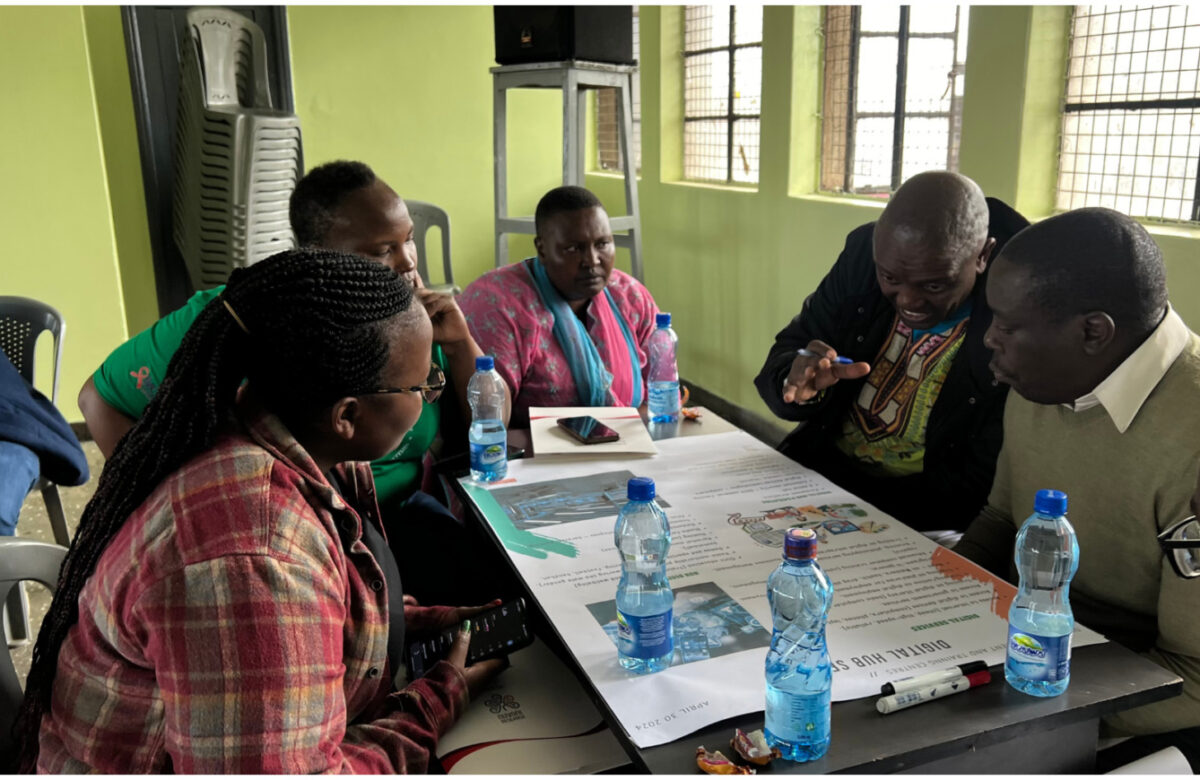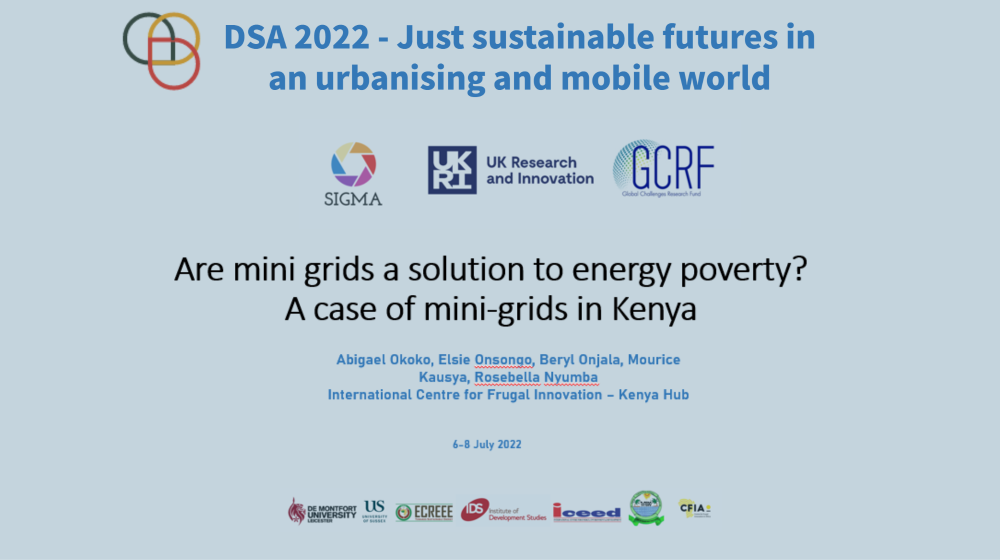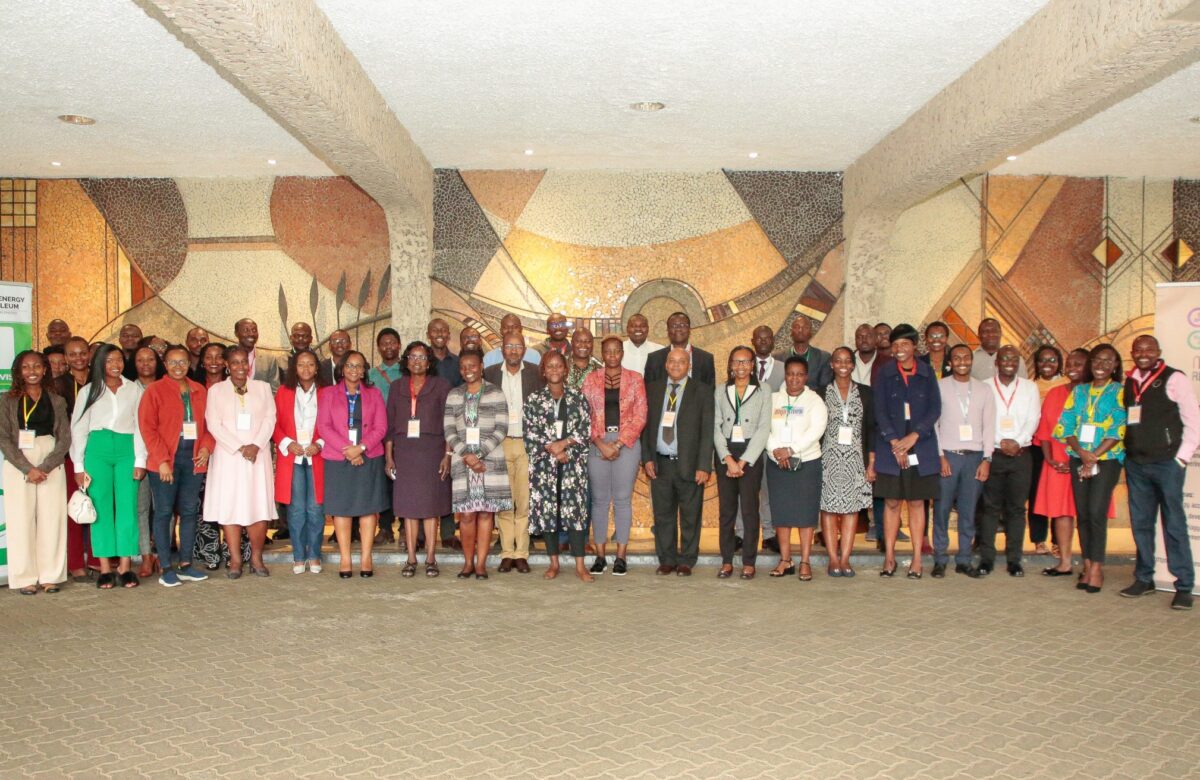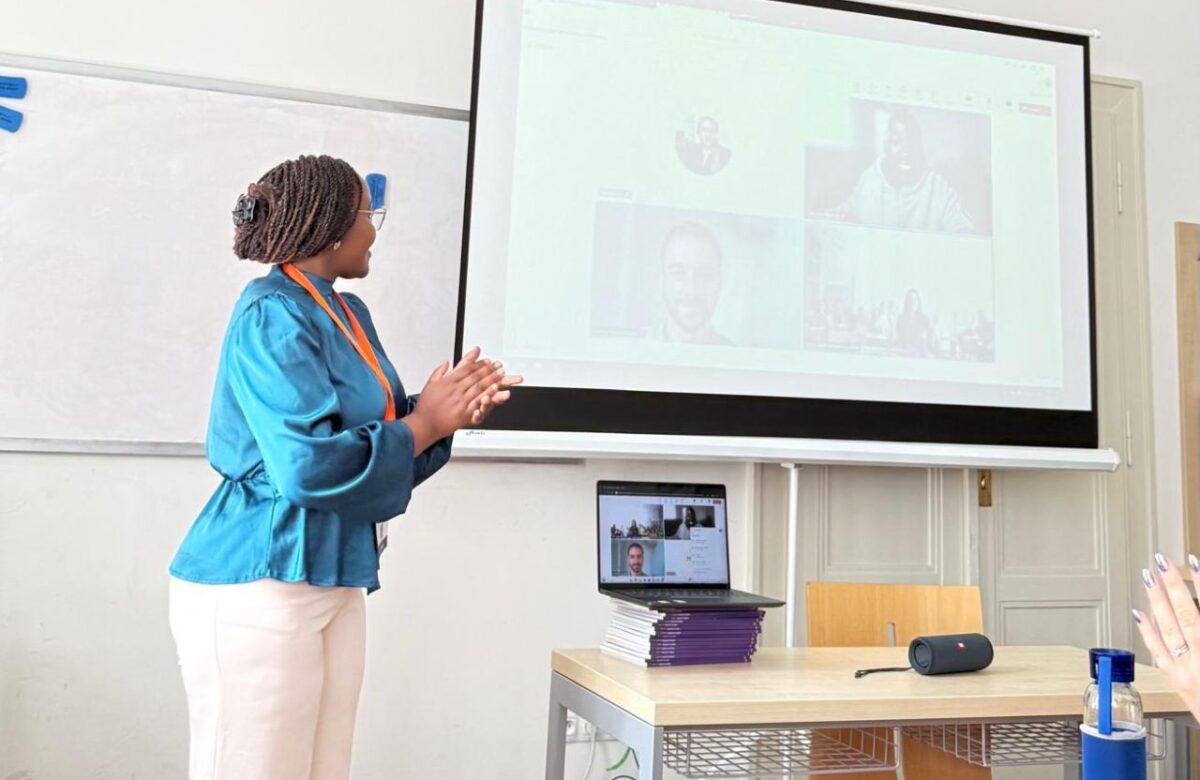Disaster Risk in a discursive African-Afropean-Afropolitan space
Introduction
In June 25-28th 2025 Beatrice Hati, Mark Ojal, and Rodrigo Mena organized a transdisciplinary space for academics, practitioners, and grassroots actors to critically explore how (in)informality shapes disaster risk creation in the Afrocentric. Their session titled “When disaster meets ‘informality’: Navigating Disaster Risk Creation in Africa’s Rapid Urbanization processes”, interrogated what happens when disaster risk management and governance, often built on Western models of urban order, control, and protocols, confronts real cities shaped by informality. For rapidly urbanizing Africa cities where 85% of people are informally employed, where 60% live in informal housing, and where social resilience often lies not in state systems but in organic, community-based networks, it is important to take informality seriously, not simply as a problem to be erased, but as a liminal space to rethink and transform disaster risk governance.
Presentations from Tanzania, Benin, and Kenya demonstrated how urbanization, in its formal framing, contributes to disaster risk creation. The debates highlighted the dynamic and negotiated realities of informality, manufactured vulnerabilities fueled by colonial legacies of urban development, paradoxes of state-society relations within everyday humanitarianism, and everyday non-formal grassroots practices that actively complement disaster risk management. The session laid 3 pivotal foundations for transforming disaster risk governance in the Afrocentric:
1. There is no such thing as a natural disaster
An in-depth understanding of everyday configurations that create disaster risk in contemporary cities is required as a crucial first step to any meaningful disaster risk governance.
2. Neglected disasters pose an even greater risk
Headline-grabbing mega-disasters remain ‘superior’ while everyday, slow-impacting crises that disrupt lives and impose a heavy burden on urban populations fail to get equal attention and resources. Cities cannot break cycles of disaster risk creation without shifting their lenses to everyday disasters.
3. Informality is a multifaceted reality, a defining feature of everyday urbanism
Recognizing and engaging with non-formal practices respectfully and critically, rather than simply reducing them to ‘disorder, chaos, and illegality’ will catalyze more inclusive, resilient urban futures and transformation at scale.
Related News
Physical Address
No. MK088, Ushindi West Avenue,
Mukuyu Rd (Mukuyu West Wing), Thome 1
Nairobi, Kenya
Organization
Subscribe for newsletter & get news, events and publications updates
Contact Us
Office Tel: (+254) 20 8009928 |
Mobile: (+254) 706 324 467
© 2026 Nuvoni Research


